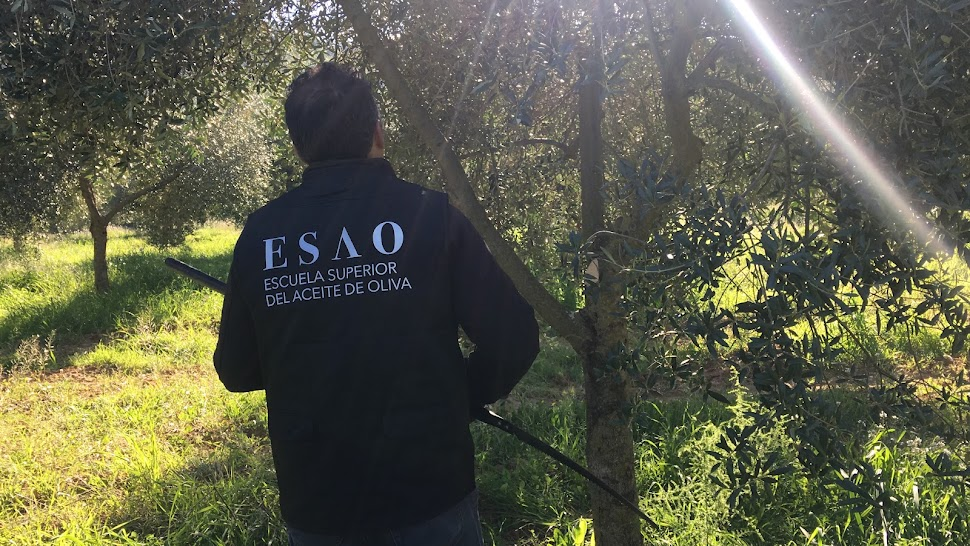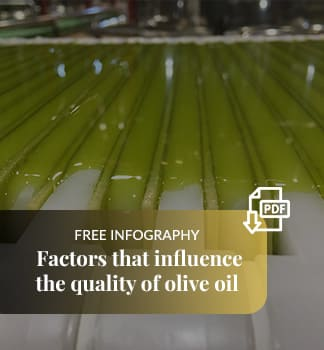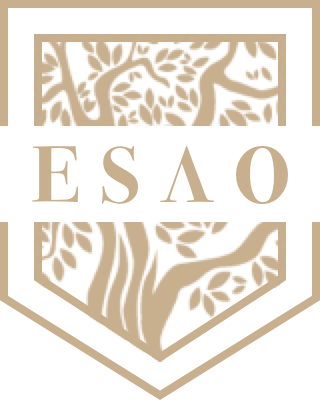Listen to this article
Of all the fats consumed in the world, olive oil represents approximately 2% of the rest of the fats consumed. This data means that the market share that olive oil has left to enter homes, 98%, is really a business opportunity.
The olive oil business is a terrain marked by several intervening variables and that are part of a whole that we would call "the olive oil industry" or "olive sector".
All the areas involved in this industry fall into four large groups:
- Olive grove: Olive grove management
- Sensory Analysis: Virgin Olive Oil Tasting
- Mill or Cooperative: Elaboration Process
- Sales and Distribution: Commercialization and Marketing
As we can see, the first group we come across is the one related to the olive grove, since it is from here that the transformation process of what will be the olive oil that we want to sell begins.
The olive grove and the olive tree will be the one who marks the beginning of the production that we are going to have or with which we are going to work. Having a productive and healthy olive grove will make a difference in our olive oil business.
It is not easy to have a profitable olive grove, and yet it is the number one priority in the olive oil industry, since a pricing policy will depend on this. Having stability in the market in both the quality of virgin olive oil, as well as maintaining a price range that is not fluctuating, will help to consolidate your brand as well as help us to strengthen our clients.
Whether or not you have an olive grove in your olive oil business, you should know that olive tree consulting is a priority for anyone who wants to be an expert in olive oil.
Notions such as the olive tree, the importance of water stress, the olive tree cycle, the different soil management, the selection of the plot, the pruning, the optimal moment of harvesting, etc. will be the ones that mark the guidelines that you have to follow to to achieve a productive and profitable olive grove as well as an olive grove with quality in its olives, and in its oil.
Having knowledge of olive grove management, or olive tree consulting, will allow us to know in greater depth the different qualities of a virgin olive oil, as well as it will allow us to understand the reason for certain defects or anomalies, and try to prevent them.
Knowing the different varieties of olive grove with which we can find, as well as the peculiarities of the different varieties of olives, will allow us to select one variety or another, whether we are talking about first plantations, grafting, or buying oil.
Depending on the edaphological and climatological characteristics where the olive grove is located, it will be advisable to work with some varieties or with others. In other words, not all varieties and all olive trees behave in the same way in some climatological zones as in others.
If we want to be experts in olive oil, the olive tree consultancy will allow us to know which pests and diseases can cause serious losses in my olive grove or in my oil and which ones cannot.
Likewise, the treatment of each one of them will be decisive to achieve that profitability so necessary for the olive grove. It is not always necessary to deal with the same treatments, nor on the same dates, depending on the cycle of the olive tree in which we find ourselves, it may even become unnecessary, for example, irrigation.
Knowing the particularities or singularities of the olive grove must be an important part of my knowledge, as long as it belongs to the olive oil business.
The production costs of the olive grove sometimes we see how it is higher than the price of olive oil that we later see on the shelves of the main supermarkets, and this is something that cannot be maintained over time, and, ultimately, it is not sustainable .
Pruning in the olive grove, for example, is one of the highest costs in the olive grove, and it is not always carried out by qualified personnel or with notions of specific olive grove pruning. Sometimes, there is a generalized tendency, when the olive tree is going to be loaded with olives, not prune, in order to have more harvest, however, it can be counterproductive, since we can find ourselves with overloaded, saturated and depleted olive trees , and, as a consequence, they will have less production the following year, or the olive will be smaller, which will affect both the olive tree, as well as the yield in the oil, as well as the production of the coming season.
The improvement of a production is not always hand in hand with a large investment, but on occasions, the implementation of management systems, progressively, and individually designed and that are developed according to the olive grove, can improve us in a way. both the quantity and the quality of the productions in an olive grove are remarkable.
To achieve this improvement, the olive tree consultancy will help us in such important points of the olive grove as.
- Plantation design.
- Selection of varieties.
- Determination of the optimal time of harvest.
- Early determination of yield, production and harvest estimation.
- Sanitary control of the olive grove.
- Control and differentiation of plots.
- Sampling, analysis and planning of the collection.
- Control of the olive harvest.
- Planning and control of pruning.
- Ensure the sustainability of each of the actions in the olive grove.
The global agri-food market, and specifically the olive market, is increasingly competitive and demanding, the food sector, we see how it is continuously evolving, and together with the social changes that are taking place, we see how tastes are changing and consumer preferences.
Many are the factors that are intervening in the changes that are taking place in the olive sector. Environmental pressure is already a fait accompli, we are seeing how climate change is taking center stage in our decisions in the campaign and in the harvest, and the meteorological changes that we are already seeing have to make us react.
On the other hand, skilled labor both for olive harvesting and for using complex technologies and equipment, both in the olive grove and in the oil mill, is difficult to hire.
In this context, without a doubt, it is necessary to be trained and prepared, if we want to achieve yields, profitability, and sustainability in the olive grove.
The olive consultant must have a clear and specific objective where to focus. This objective must add value to both oil mills and cooperatives, as well as to all the agents involved in the olive oil value chain, collaborating in the improvement and optimization of processes, as well as in the organization and the olive strategy in question. In the same way, it has to use innovative tools and techniques, but above all, and, ultimately, it has to have a transversal vision of virgin olive oil, and this undoubtedly goes through the consulting of the olive tree and the olive grove.
.png)



-2.jpg?width=600&name=Blog%20Banner%20(1)-2.jpg)
.jpg?width=600&name=foto%20master%20consultor%20arbol%20(4).jpg)

